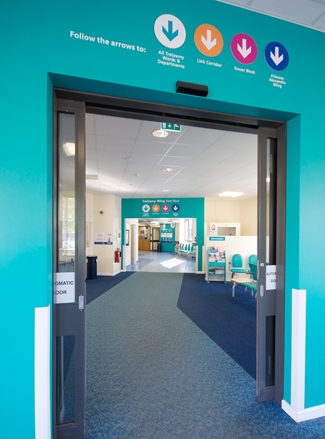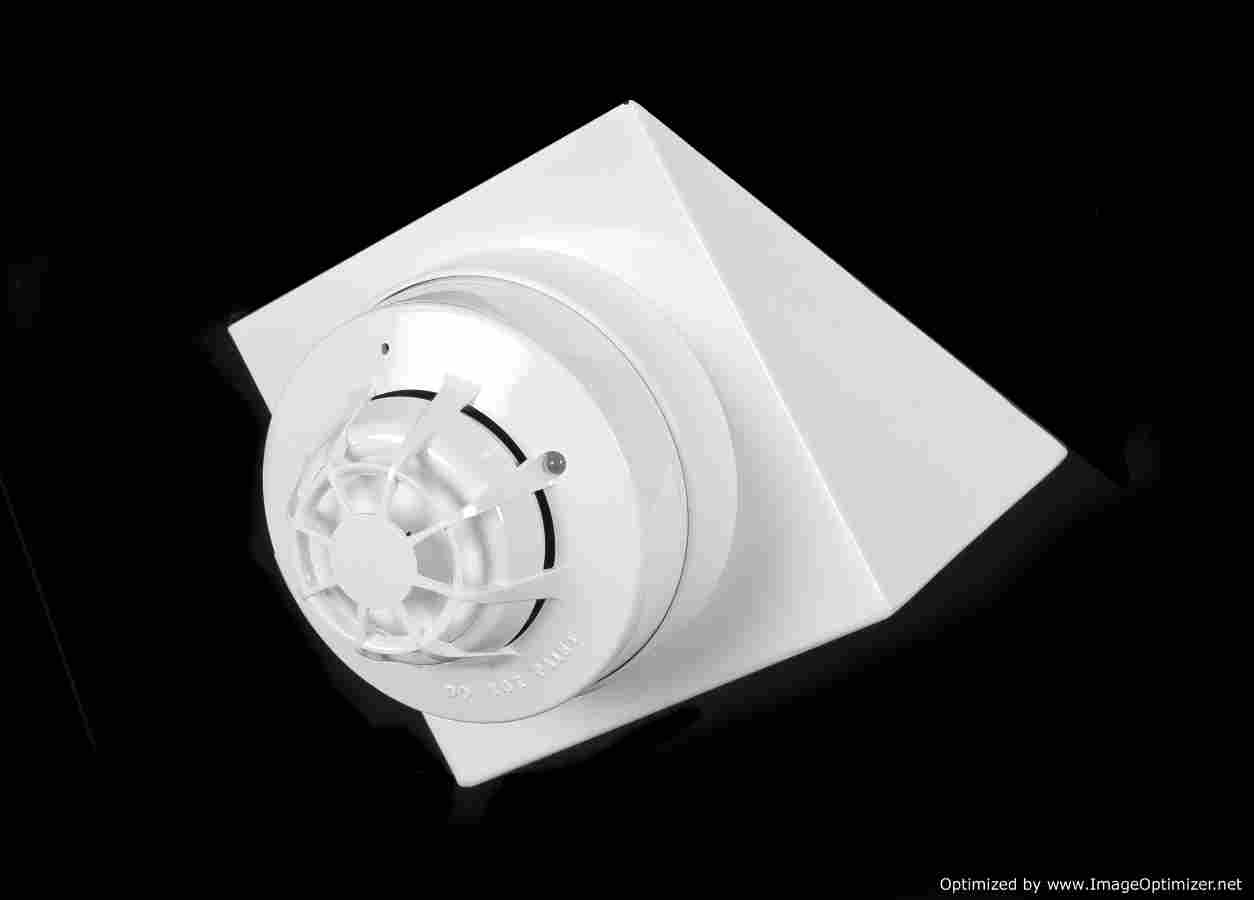TRANSPORT: Trio of hospitals procure paediatric transfer trolleys
LEICESTER Royal Infirmary, the Royal Gwent Hospital in Newport, and Singleton Hospital and Cardiff University Hospital in Swansea have placed orders for ParAid Medical's paediatric trolley and Transporter+ incubator trolley. Each bespoke device is configured to meet the specific needs of the clinical team and designed to accommodate a wide range of medical apparatus, providing state-of-the-art transportation for seriously-ill babies and children via air or land. Darryl Smith at ParAid Medical said: "We have seen a steady increase in the number of dedicated neo-natal and paediatric transportation services across the country in recent years. Our long-established expertise in this area of medical care has allowed us to respond quickly to this increased demand for patient transportation equipment. Our bespoke design service means we can offer a flexible solution which is responsive to the needs of both the medical staff and patients."

WAYFINDING: Colourful boost for patients in Cornwall
WAYFINDING at the Royal Cornwall Hospital in Truro has been dramatically improved following the introduction of colour-coded zones. Local firm, 20/20, won a contract to improve the patient journey around the site after the original system was deemed out of date and inefficient. New visual directions simplify the patient and visitor journey with a system separating the hospital into four zones easily identified through colour coding. A number of environmental graphics and icons then lead visitors to the correct zone, building, floor or area and finally into the relevant unit or ward. Large clear maps were also developed to show visitors where they are and how to get to where they need to be. 20/20 managing director, Jaimie Sibert, said: "Our consultation with staff and patients revealed that they struggled to find their way around the large building. In particular, patients with dementia or a learning disability frequently found it especially difficult to locate the area that they needed, or to know where they were at any one time." Sharon Addinall, patient environment manager at the hospital, added: "Designing and implementing the new wayfinding project was a huge undertaking and we are delighted with the result. The new system makes the journey through the site so much easier for patients and visitors."
COMMUNICATIONS: Power to patients
TEN years after the Department of Health launched its Patient Power project to install IP-enabled point-of-care units at every bedside within major hospitals in the UK, the vision continues to be realised, with four major NHS trusts signing up for Lincor Solutions' MEDIvista in the past three months. The units have been installed at The Royal Marsden Hospital, Barts and the London Hospital and The Wellington Hospital in London and the Queen Elizabeth Hospital in Kings Lynn, joining 12 others in the country including Great Ormond Street Children's Hospital. Richard Cooke at Lincor Solutions said: "Our systems provide hospitals with a valuable revenue stream to offset the purchase of the workstations themselves. Typically, hospitals recoup their investment within 18 months and are then free to use the revenue generated to fund further hospital improvements." The terminals enable access to secure applications such as picture archiving systems and electronic patient records as well as patient entertainment such as TV and computer.

SAFETY: Secure hospitals to benefit from smoke detector launch
A DETACHABLE smoke detector for use within secure hospitals and psychiatric units has been launched by fire Static Systems Group (SSG). Aimed predominantly for use in areas where the care of at-risk patients is provided, the unit utilises a standard multi-criteria detector with a purpose-designed mounting base to provide anti-ligature protection. SSG's technical director, Mike Cardew, said: "Our design and manufacturing brief took security with patient safety as its main priority. An example is a clever 'lip and ridge' arrangement which fulfils the need to prevent concealment of prohibited items such as razor blades. We were also aware of the need to design into the device advanced features and high performance." Working with supply chain partner, Apollo Fire Detectors, extensive product testing was carried out to ensure all the requirements of the appropriate standards were met and that the product was able to meet other special requirements for secure accommodation use.
